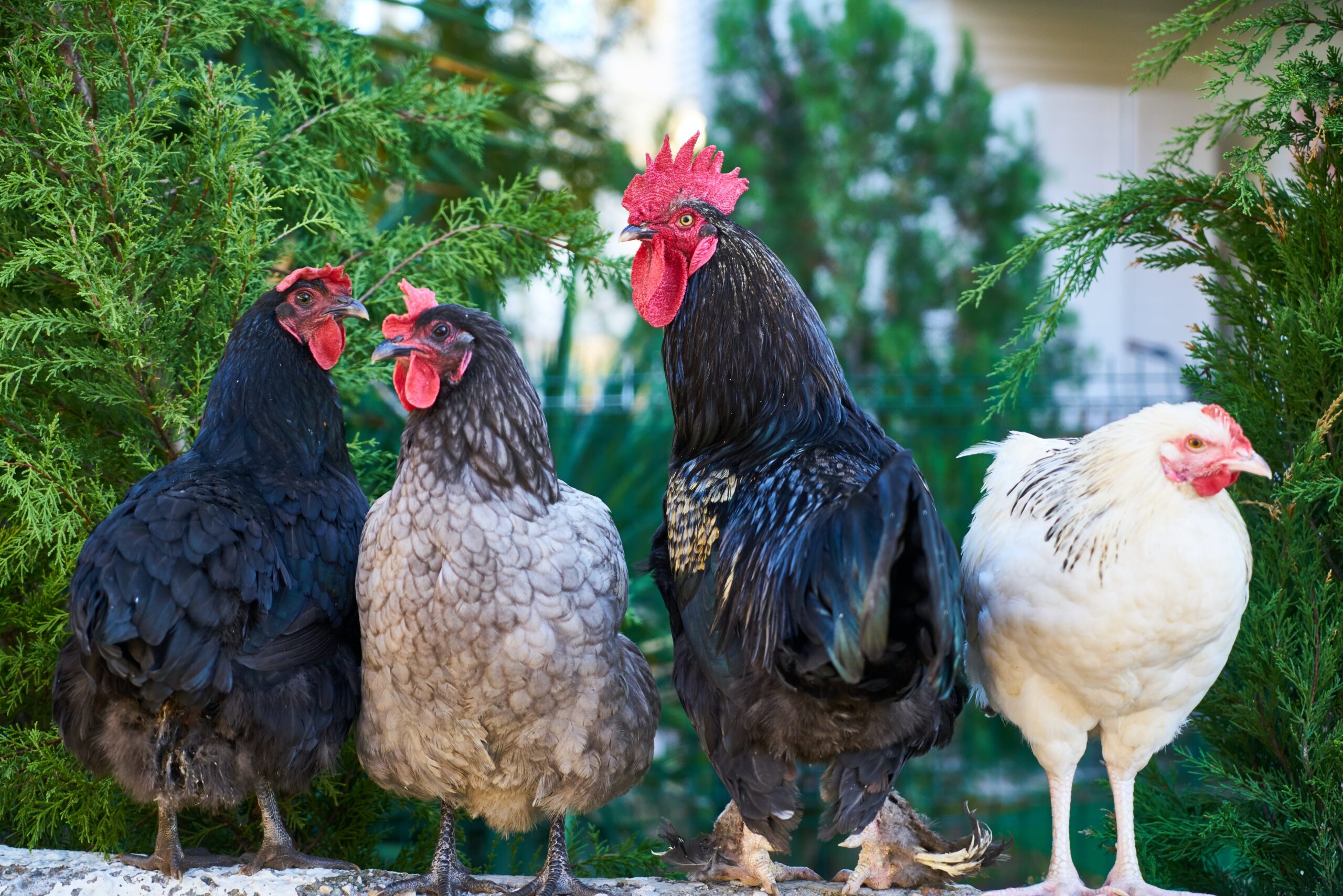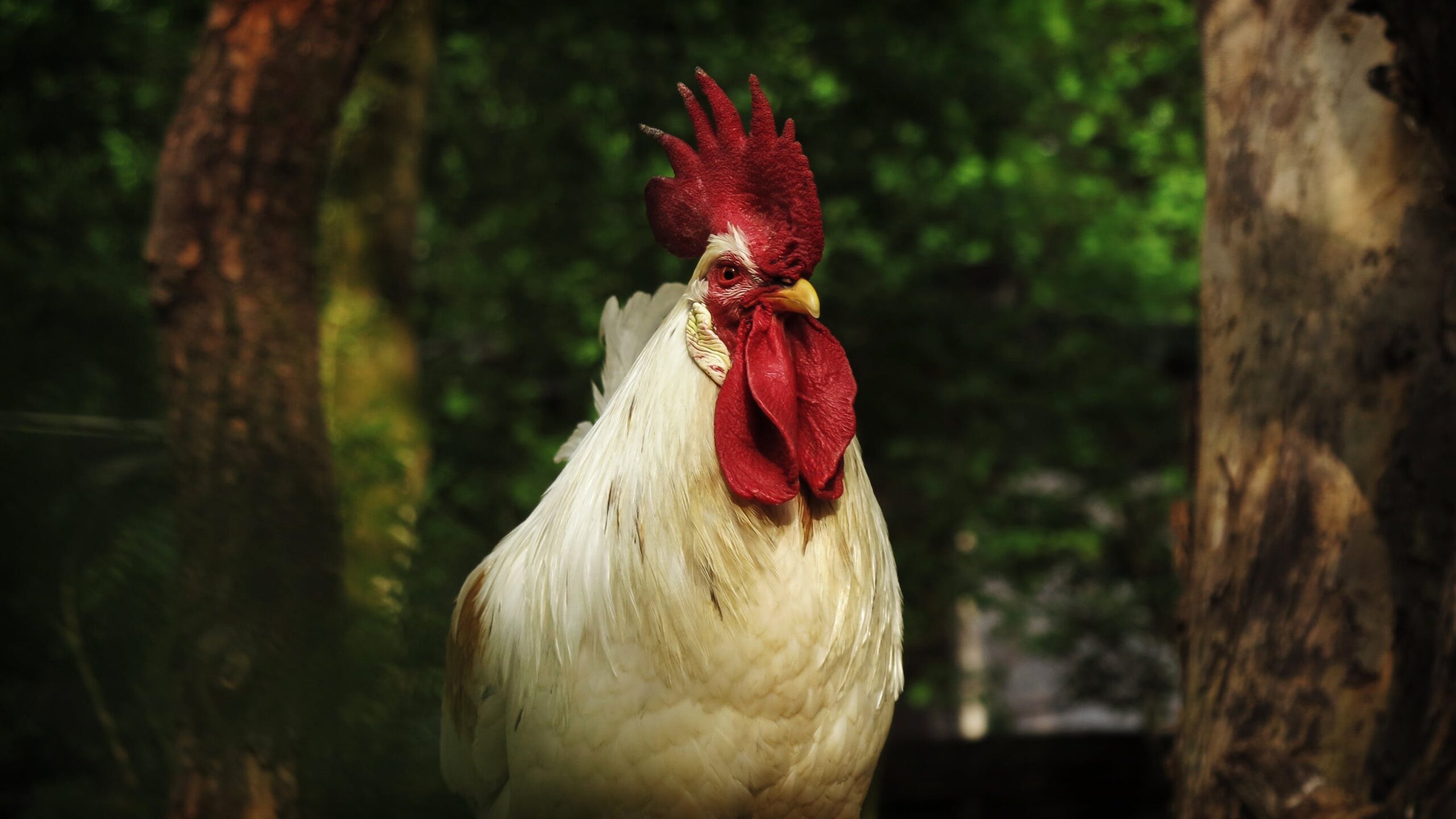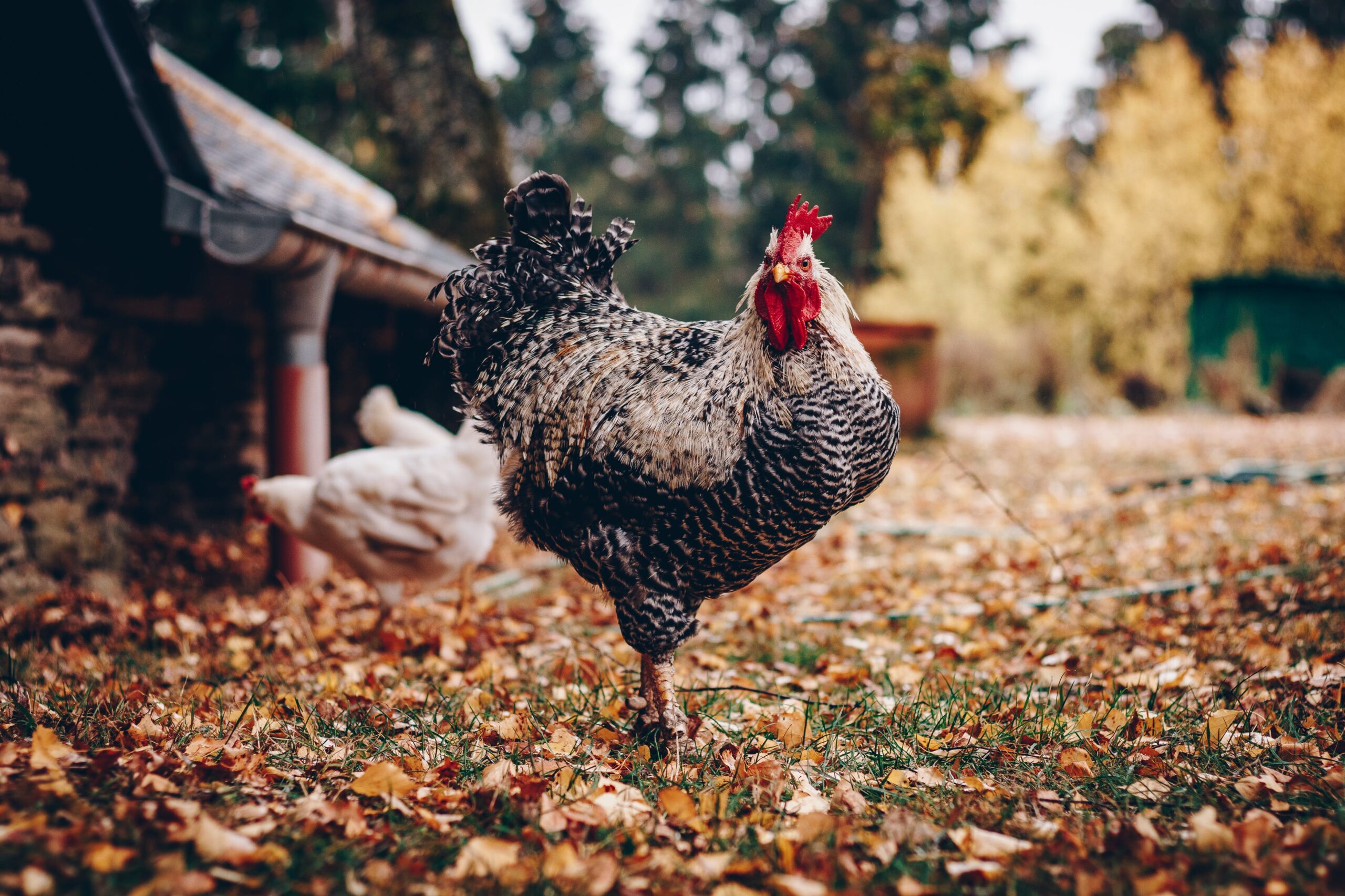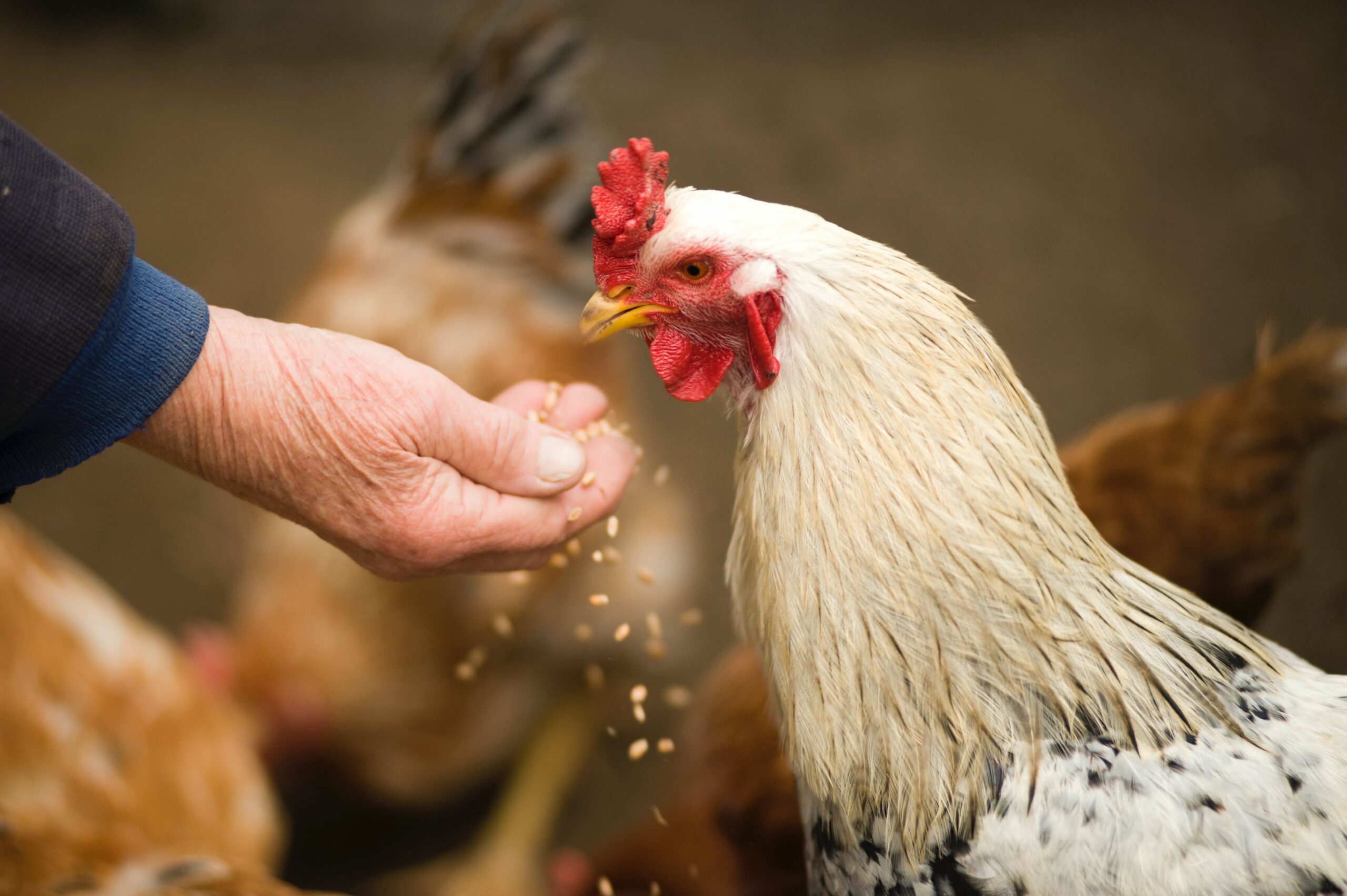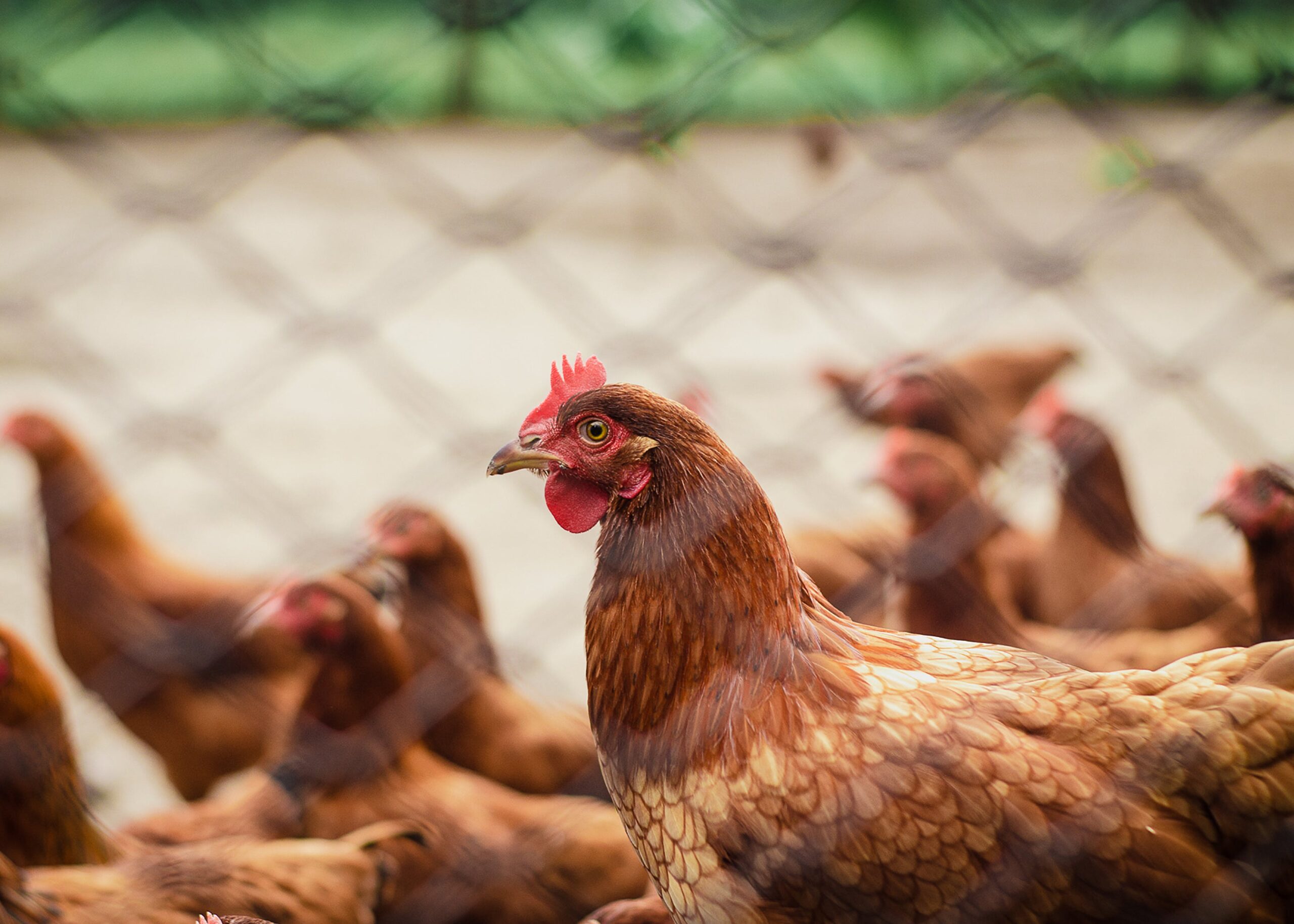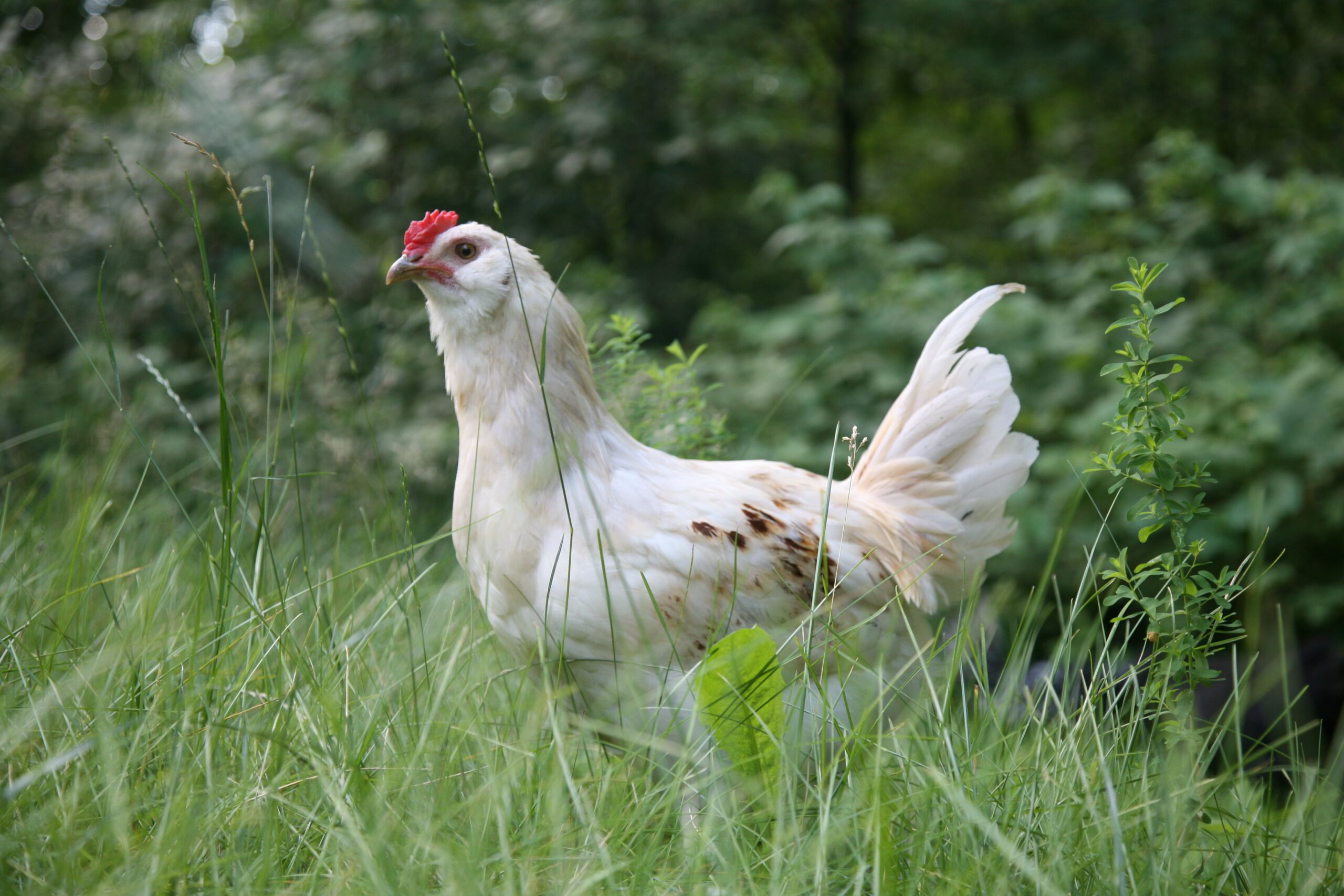Introduction
The allure of domesticated birds reaches far beyond the conventional landscape of commercial poultry farming, delving into the intricate and diverse world of rare chicken breeds. These unique feathered marvels, with their myriad colors, distinctive patterns, and captivating personalities, have fascinated poultry enthusiasts. Fueled by the rise of backyard farming, there’s a burgeoning interest in preserving these rare gems and celebrating the rich diversity they bring to the poultry world.
Benefits of Raising Rare Chicken Breeds
Raising rare chicken breeds is not merely a pastime; it is a venture with many benefits. Here’s why more and more enthusiasts are choosing to delve into the world of rare poultry:
Unique Characteristics and Appearances
One of the most captivating aspects of rare chicken breeds is their unique characteristics and appearances. Unlike standard chicken breeds, these rare gems boast distinctive features ranging from striking plumage coloration to uncommon physiological traits. This diversity adds visual interest to any flock and becomes a source of pride for those who raise them.
Preservation of Endangered Breeds
Many rare chicken breeds are on the verge of extinction. Enthusiasts who choose to raise these breeds play a crucial role in conserving genetic diversity and protecting the heritage of poultry. By becoming custodians of these endangered breeds, poultry enthusiasts contribute to preserving biodiversity within the chicken population.
Potential for Higher Value and Demand
The rarity of these breeds often makes them more valuable in the market. Whether it’s through the sale of hatching eggs, chicks, or mature birds, rare breeds can fetch a premium price. This presents an exciting opportunity for backyard farmers to turn their poultry-raising hobby into a profitable venture potentially.
Popular Rare Chicken Breeds
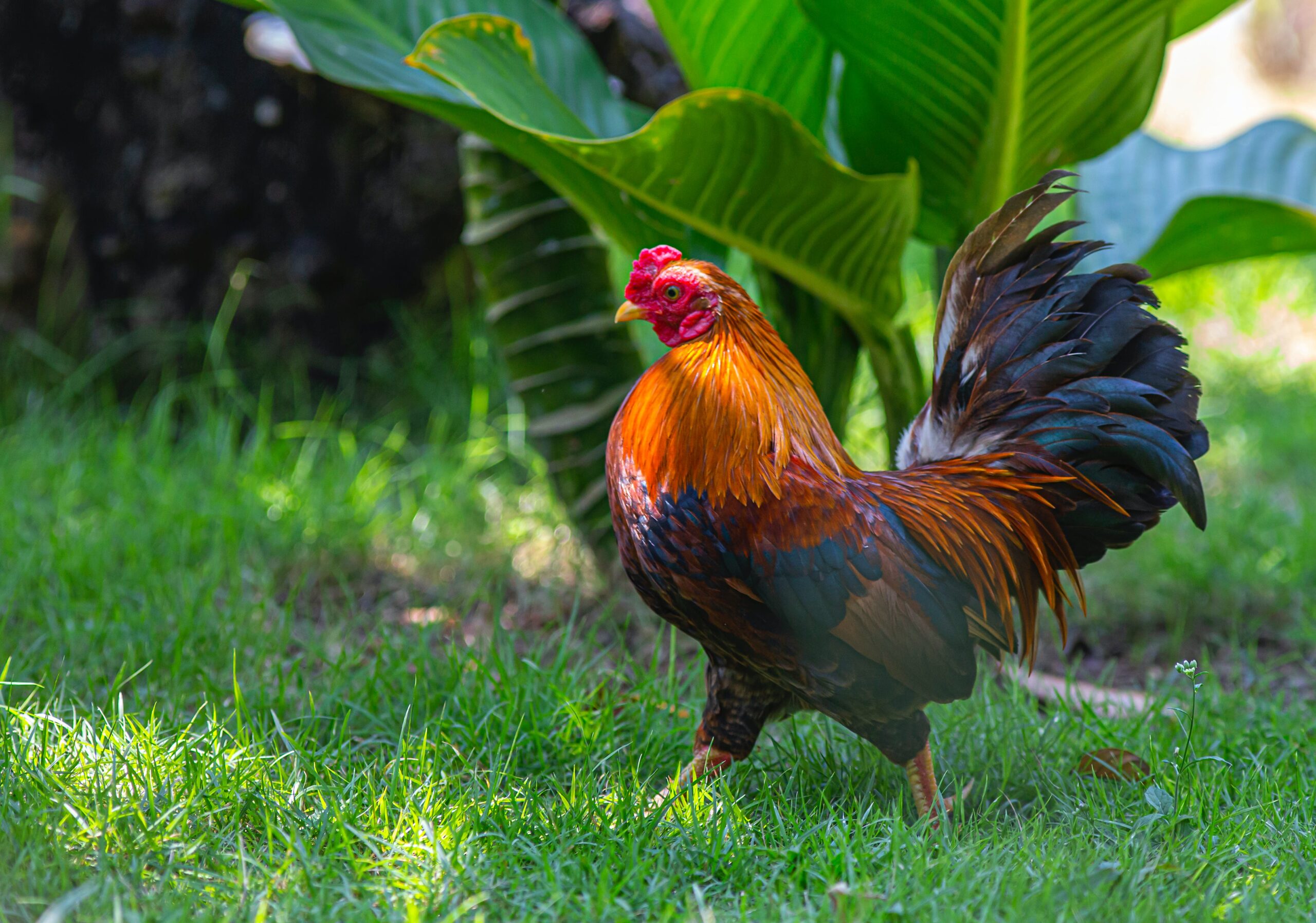
Description and Features of Select Rare Breeds
Let’s take a closer look at some rare chicken breeds that stand out due to their distinctive appearance or fascinating history:
Ayam Cemani
Hailing from Indonesia, the Ayam Cemani is renowned for its striking black coloration that goes skin-deep. This breed has captured the imagination of poultry enthusiasts worldwide with its unique and mysterious allure.
Sultan
The Sultan is an ornamental fowl with impressive crest and feathery legs. Tracing its origins back to the Ottoman Empire, this breed adds a touch of historical elegance to any flock.
Serama
Known as the smallest chicken breed in the world, Seramas are cherished for their compact size and prominent personalities. Despite their tiny stature, these birds exude charm and make delightful additions to any backyard flock.
Highlighting Their Origin and Historic Significance
Each rare chicken breed has a story to tell, often intertwined with the history and culture of the regions they originated from. For example, the Plymouth Rock, developed in America, became the nation’s preferred hen due to its productivity and docile nature. On the other hand, the Sebright bantam, created by Sir John Sebright in the early 19th century, is admired for its laced plumage and bantam size.
Challenges and Considerations
While the prospect of raising rare chicken breeds is undeniably exciting, it comes with its fair share of challenges and considerations:
Difficulties in Sourcing Rare Breeds
Acquiring rare breeds can be challenging, often requiring connections with niche breeders or importing from overseas sources. This adds complexity and cost to the process, making it essential for enthusiasts to invest time and effort in sourcing quality stock.
Special Care Requirements
Many rare breeds come with specific care requirements. For example, the Favorolles, known for its feathered feet, is prone to foot problems if not kept in clean, dry conditions. Understanding the unique needs of each breed is crucial for their well-being.
Breeding and Genetic Concerns
The limited gene pool of rare chickens can increase susceptibility to hereditary diseases. Responsible breeding practices are essential for maintaining the health and vitality of these breeds. Enthusiasts should be committed to preserving the genetic diversity within these rare populations.
Tips for Successfully Raising Rare Chicken Breeds
Proper Housing and Nutrition
Ensuring your rare chickens have ample space, protection from predators, and a diet that meets their nutritional needs is paramount. Some breeds may require higher protein levels or specific supplements to thrive.
Health and Disease Management
Being vigilant about biosecurity is crucial, as rare chickens may be more vulnerable to certain infections. Regular health checks and vaccinations are prudent to maintain the overall well-being of your flock.
Connecting with Breeders and Networking
Participation in poultry clubs and online forums dedicated to rare breeds can be invaluable. Networking with experienced breeders allows enthusiasts to gather knowledge and locate trustworthy sources for quality stock. Building a community of like-minded individuals fosters a supportive environment for learning and sharing experiences.
Conclusion
For those enamored with the avian kingdom, delving into the world of rare chicken breeds can be advantageous. As custodians of these extraordinary creatures, poultry enthusiasts play a crucial role in their preservation. Embracing the adventure, the learning curve, and the joy that comes with raising a living piece of history adds a unique dimension to the world of poultry farming.
It’s important to note that the rarest chicken breeds may not necessarily have the highest price tags or the most exotic appearances. Sometimes, the most “medium rare” breeds can bring rich satisfaction to their keepers with their uniqueness and charm. Whether you’re pondering “What is the rarest type of chicken?” or “What is the most expensive chicken?”, the answer might be fluttering in your backyard.
The path of raising rare chickens has its challenges. Yet, through conscientious care, engagement with the rare poultry community, and a dedication to sustainable practices, enthusiasts can contribute to the longevity and prosperity of these remarkable breeds. Raising a flock becomes more than just tending to animals; it becomes a journey into history, biology, and beauty. So, raise your flock with admiration and respect—they are not only chickens but also bearers of history, biology, and beauty.
